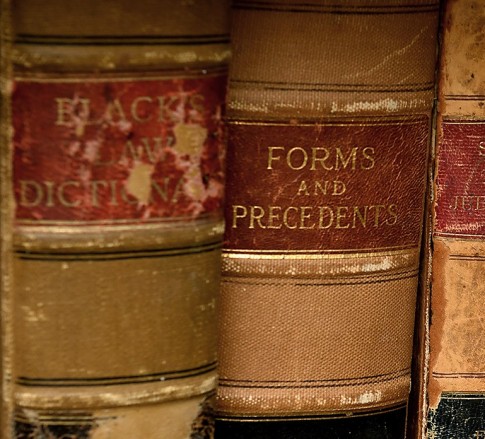COVID-19 and its Effect on the Courts
March 18, 2020
Efforts to restrain transmission of the COVID-19 virus are directly affecting the court system in West Virginia and elsewhere because of the need for parties, counsel and jurors to gather in groups.
In the state system in West Virginia, on March 12, 2020, the Supreme Court of Appeals issued a COVID-19 Planning Document which directed Circuit Courts to stay open but to take measures to avoid personal exposure, such as holding telephone instead of in person conferences. The policy also provided the courts may delay trials and hearings that are not urgent. The Court issued another order on March 16, 2020, directing that “[a]ll civil and criminal trials, and jury orientations that are scheduled during this time shall be continued generally, except where a criminal defendant's speedy trial rights may preclude continuation of such trial.” And, with exceptions for emergency matters, “all hearings currently scheduled to be held on any date beginning Monday, March 16, 2020 through Friday, April 10, 2020, shall either be: (1) postponed until a date subsequent to Friday, April 10, 2020, or (2) held by use of remote, telephonic, or other video technology. In the event such hearings cannot be held via remote, telephonic, or other video technology, the presiding judicial officer shall postpone any such matters to a date subsequent to April 10, 2020.”
These directives ensure that cases set for trial between now and April 10 and most likely for a period afterward will be delayed. Hearings may also be delayed if they cannot be converted to telephone conferences. Since the courts’ dockets are typically fully scheduled, a continuance can mean anything from six months or more delay for trials and several months for hearings.
In the federal system, the directives are more limited. The Southern District of West Virginia entered an order directing that “[a]ll civil and criminal jury trials in the Southern District of West Virginia are CONTINUED pending further order of the Court.” Grand jury proceedings are also continued, and the order states that the time period of the continuances will be excluded under the Speedy Trial Act. The order states “[t]he Court will vacate or modify this General Order no later than March 27, 2020.” But “[t]he courthouses in this District will remain open. Staff in the Clerk's Office will be available to receive mail, and electronic filings may still be made through the CM/ECF system.”
While this order refers to “all” trials the statement that the order will be vacated or modified no later than March 27 suggests that trials in the short term will be rescheduled. Those with trial dates scheduled in the future should not count on the trials being continued absent order of the court. And the order leaves in place all other deadlines.
The Northern District of West Virginia entered an order on March 10, 2020, stating that persons who had been in China, South Korea, Japan, Italy and Iran in the last 14 days “shall not enter the courthouse.” Also restricted from entry are persons who “reside or have had close contact with someone who has been in one of the countries listed above within the last 14 days”, “who have been asked to self-quarantine by any doctor, hospital or health Agency,” “who have been diagnosed with, or have had contact with, anyone who has been diagnosed with COVID-19,” or “with fever, cough or shortness of breath.” Persons with matters scheduled or who have to appear are instructed to contact their lawyer if represented. Attorneys are instructed to contact the judge’s chambers. Jurors are instructed to contact the Jury Administrator. And the order concludes “[t]hese restrictions will remain in place temporarily until it is determined that it is safe to remove them. People who think they may have been exposed to COVID-19 should contact their healthcare provider immediately.”
It does not appear that the Northern District has entered an order continuing trials like its counterpart in the South. Trials and hearings therefore remain scheduled subject to individual judges and scheduling orders remain in place. The requirement that counsel contact the judge’s Chambers before hearings suggests there will be a communication about whether and how hearings will go forward.
In light of all of these directives, counsel should communicate with the respective judges regarding deadlines, hearings and trials, whether informally (and not ex parte) or by motion to avoid any confusion.
Information on efforts made by states other than West Virginia can be found on a website created by the National Center for State Courts. https://www.ncsc.org/pandemic.



